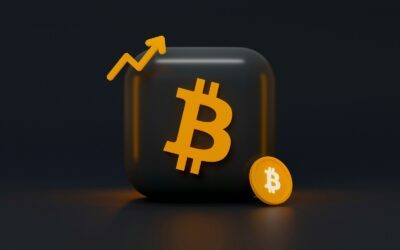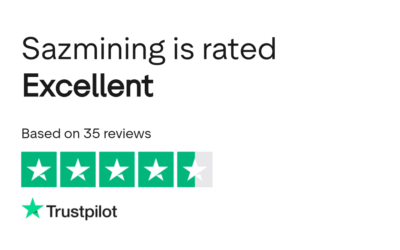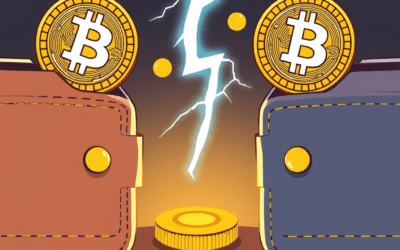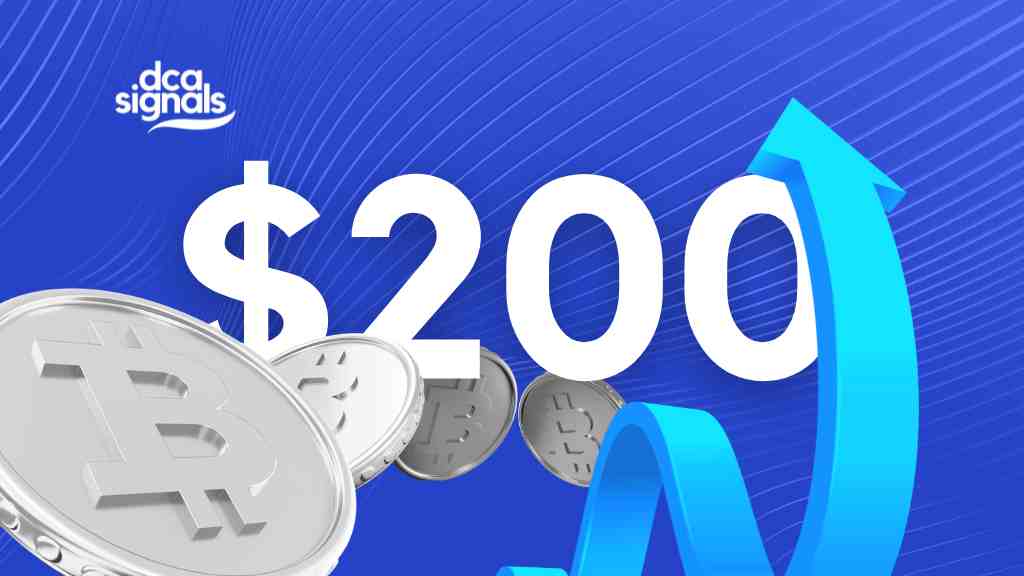The notion that bitcoin can align with Islamic finance principles is an insight I gained from a discussion with Saifedean Ammous. In essence, this perspective suggests that bitcoin, being a digital bearer asset and not a debt instrument, naturally exists outside the realm of traditional financial institutions. It goes to show bitcoin halal’s status.
Key – Points
- Beginning with a foundation that places ethics above perceived efficiency can be an impactful starting point.
- One does not have to personally adhere to all or any of the principles of Islamic finance to recognize a broader perspective than its somewhat tenuous connections to bitcoin.
- Islamic finance principles emphasize fairness, ethical conduct, and risk-sharing, and these principles are being applied to assess bitcoin’s compatibility.
Inhaltsübersicht
Islamic Finance Principles
Since bitcoin cannot be created at will, deposit insurance becomes impractical, and lending necessitates the prior provision of liquid capital. Consequently, potential intermediaries would struggle to assure investor protection from losses resulting from borrowers’ activities.
Collectively, this makes it less likely for capital contributors to accept a fixed return with unlimited potential losses, especially in light of the near-certainty of deflation, as opposed to the prevailing norm of inflation that often requires artificially stimulated low-volatility capital appreciation.
Prospective depositors will likely opt for personal savings or seek equity participation for shared returns. The supply of traditional lending will diminish, and many demand sources for leverage will be priced out of the remaining market.
What’s left of interpersonal, non-programmatic banking is expected to resemble the principles of Islamic finance, emphasizing risk-sharing over risk-transfer and minimizing the role of debt. In this context, Bitcoin can be seen as compliant with Islamic finance principles.
To be clear, the rationale for this conclusion differs from the Islamic prohibition of interest (riba, الربا) on ethical grounds. In a bitcoin standard, the absence of extensive interest-based transactions is more a result of economic considerations, as risks are properly priced and can be shared legitimately rather than dishonestly transferred.
Nonetheless, the resulting behavior aligns with the ethical norms prevalent in the bitcoin community, centered on low time preference.
Consider the guidance of the Islamic scholar Abul Alā Mawdūdī, who emphasized responsible financial behavior within one’s means and the avoidance of excessive spending that leads to debt and financial instability.

Assessing the Bitcoin Halal Compliance
Even if we dispute the ethical objections, we can still find similarities in attitude at a higher level. Some may argue that there will be a demand for interest-bearing, at-risk capital even in a bitcoin standard, and question why consensual exchanges should be restricted. The Islamic perspective, however, focuses on the unethical nature of what is considered “speculation.”
The inherent uncertainty of entrepreneurial ventures makes it fraudulent to commit to paying interest on monetary debt, as the debtor often cannot be certain of meeting their obligations. In this view, only equity-based agreements are considered fair and honest, without introducing conflicting incentives between capital providers.
Once again, we may differ in our interpretations of the ethics surrounding such contracts, but Mawdūdī’s assessment of the consequences of excessive “speculation” has a clear resonance.
“One does not have to personally adhere to all or any of the principles of Islamic finance to recognize a broader perspective than its somewhat tenuous connections to the bitcoin halal status.

Bitcoin’s Compatibility with Islamic Finance
The study of Islamic economics and finance is intriguing because it represents, in my view, one of the few well-structured, contemporary, and viable alternatives to what we commonly refer to as ‘Western’ financial practices, which have become nearly globalized and appear to dominate commercial systems.
It’s worth noting, for instance, that the IMF distinguishes between ‘Islamic Banks’ and ‘Conventional Banks’ (and I emphasize ‘successful’ here to underscore the clear differentiation and comparison between Islamic economics and other systems, such as socialism).
For those curious, Abul Alā Mawdūdī’s work, ‘Mankind’s Economic Problems and their Islamic Solutions,’ presents one of the most concise and effective refutations I’ve encountered, skillfully blending ideas from figures like Ludwig von Mises and Václav Havel in a brief two-page polemic.”
“A widespread challenge in grappling with the concept of bitcoin is that the prevalence of mainstream Western financial frameworks can make it challenging to explore alternative perspectives.
Western finance has become the norm, akin to water in its ubiquity. However, it’s essential to recognize that it is possible to attain different viewpoints and question established principles.
Figures like Mawdūdī, Siddiqi, and El Diwany challenged these norms, as did Nakamoto with the creation of bitcoin. It’s an intellectual exercise that all readers should engage in, pushing the boundaries of thought. Beginning with a foundation that places ethics above perceived efficiency can be an impactful starting point.”
Schlussfolgerung
Determining the bitcoin halal status according to Islamic law is a complex and evolving topic. Islamic finance principles emphasize fairness, ethical conduct, and risk-sharing, and these principles are being applied to assess bitcoin’s compatibility.
While there is a range of opinions among Islamic scholars and institutions, the key is to conduct thorough research, consult with knowledgeable scholars, and ensure that bitcoin transactions align with Islamic finance principles and legal requirements.
Häufig gestellte Fragen - FAQ
Are there differing opinions among Islamic scholars regarding the Bitcoin Halal status?
Yes, there are varying viewpoints among Islamic scholars. Some consider Bitcoin Halal, emphasizing its decentralized nature and the absence of interest. Others express concerns about its speculative nature and potential for use in illicit activities.
What are the key considerations for determining whether it’s Bitcoin Halal or Haram?
The main considerations include assessing whether Bitcoin involves elements prohibited in Islam, such as Riba (usury or interest), Gharar (excessive uncertainty), and Haram (forbidden) activities, like gambling or involvement in illicit trades.









